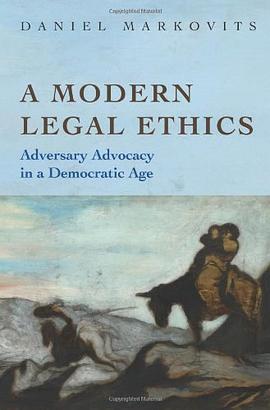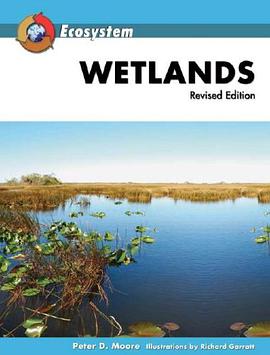

Scientific pluralism is an issue at the forefront of philosophy of science. This landmark work addresses the question, Can pluralism be advanced as a general, philosophical interpretation of science? Scientific Pluralism demonstrates the viability of the view that some phenomena require multiple accounts. Pluralists observe that scientists present various--sometimes even incompatible--models of the world and argue that this is due to the complexity of the world and representational limitations. Including investigations in biology, physics, economics, psychology, and mathematics, this work provides an empirical basis for a consistent stance on pluralism and makes the case that it should change the ways that philosophers, historians, and social scientists analyze scientific knowledge. Contributors: John Bell, U of Western Ontario; Michael Dickson, U of South Carolina; Carla Fehr, Iowa State U; Ronald N. Giere, U of Minnesota; Geoffrey Hellman, U of Minnesota; Alan Richardson, U of British Columbia; C. Wade Savage, U of Minnesota; Esther-Mirjam Sent, U of Nijmegen. Stephen H. Kellert is professor of philosophy at Hamline University and a fellow of the Minnesota Center for Philosophy of Science. Helen E. Longino is professor of philosophy at Stanford University. C. Kenneth Waters is associate professor of philosophy and director of the Minnesota Center for Philosophy of Science.
具体描述
读后感
评分
评分
评分
评分
用户评价
相关图书
本站所有内容均为互联网搜索引擎提供的公开搜索信息,本站不存储任何数据与内容,任何内容与数据均与本站无关,如有需要请联系相关搜索引擎包括但不限于百度,google,bing,sogou 等
© 2025 book.wenda123.org All Rights Reserved. 图书目录大全 版权所有




















